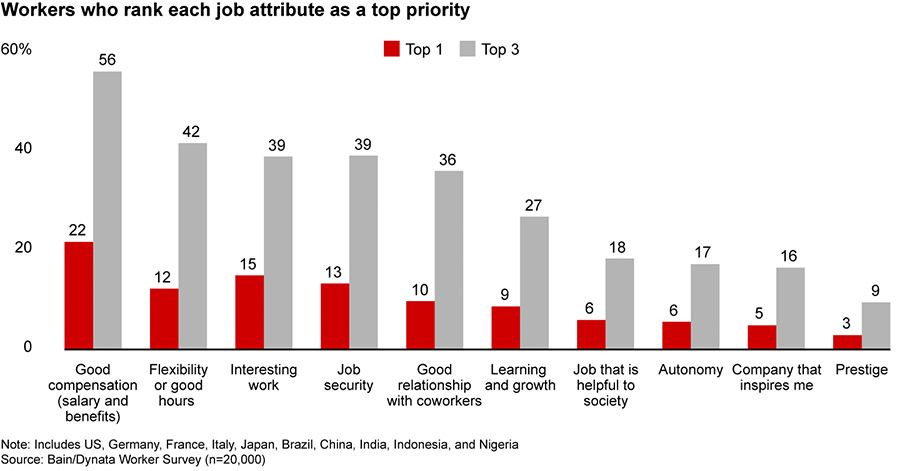The Future of Work in a Remote Work Environment
Is hybrid work and 4-day work weeks really the future?
In a Cloud architecture metaverse, what will be the future of work? A pandemic has many of us working from home (WFM) somewhat permanently. Don’t tell that to Google however, who have been on a real-estate spending spree.
Great Convergence of Future Of Work Trends 2022 to 2025
Meanwhile there’s momentum in some sectors for a 4-day work week. This is especially visible in Scandinavia and independent studios in Gaming. What does digital transformation mean, does it mean more productivity in less actual work time?
Employee preferences have inextricably changed. Flexibility and mobility have replaced standardized routines and once cutting-edge in-office perks as the top priorities for workers. The Great Resignation have given employees more bargaining power, from wage inflation to remote and hybrid work setups.
Facebook meanwhile is trying to tell us work meetings will feel like a game. Horizon Workrooms, a new way for office workers to connect using virtual reality. We’ll see if that catches on with those cute avatars.
Since around 2010, the “future of work” has been a leading topic for business leaders, entrepreneurs, and employees. However since March, 2020 employees are noticing that the future of work has seemingly arrived as if all at once. Many companies have gone digital remote work permanently. Is that a viable or sustainable trend to maintain work culture and talent retention?
Will the Metaverse be Good for People and Workers?
The future of work is supposed to be about people and not technology. With inflation workers are getting more picky about what meaningful work feels like. Meanwhile, leaders are grappling with the productivity and workplace culture implications of widespread, long-term distributed teams.
Hybrid work seems to be the future compromise. Picture it, By mid 2022, the typical firm will have everyone in the office three days a week, typically Tuesday to Thursday, and working from home Monday and Friday. But are all-zoom polices mixed with Slack or Teams the experience we want to have at all times? Pandemic fatigue is translating to workplace burnout at record levels and the mental health aspects of remote work are not yet well understood at scale.
The Covid-19 pandemic triggered some lasting trends in the world of work, and served as a catalyst for others. Some aspects of the future of work will never be the same, this really might be the new normal. Increased productivity means digital transformation worked for many organizations and sectors, but not all.
Self-Employment and Freelancing Will Rebound
The pandemic destroyed the livelihood of many self-employed people and those with small or medium sized businesses. However with the rise of remote work, many young people are even more pulled to being freelance, self-employed and to have many streams of income instead of regular 9 to 5 jobs. Many older workers took early retirement packages. Meanwhile many women churned from the labor market, that’s millions less jobs than 2019.
When the dust settles, what indeed will be the future of work? For software engineers and programmers full on remote work has been for years a possibility but if you work in industries such as banking and financial services, that’s rarely the case.
What do Workers Truly Value?
In a future of work that’s more distributed and remote, what happens to work culture and the problem of isolation for workers? The WFM environment is not always better work-life balance as many of us have found out in the last few years.
What do workers truly value at a job?
Good compensation
Flexibility of Work hours
Clearly life-balance in the WFM remote work world has become a greater value to workers globally in this digitally transformed world before the advent of the Metaverse. If we are a pre-Metaverse environment, how will things change in the next five years?
If you want to support me so I’m able to continue writing about the future, you can do so here.
Thanks for reading!



